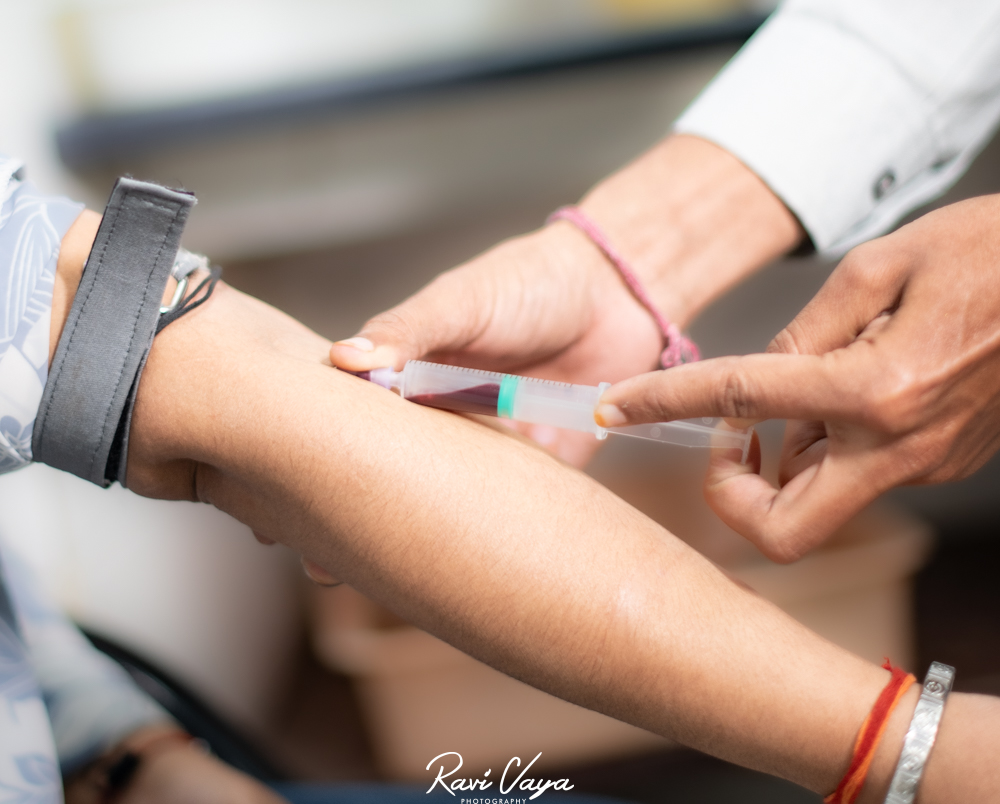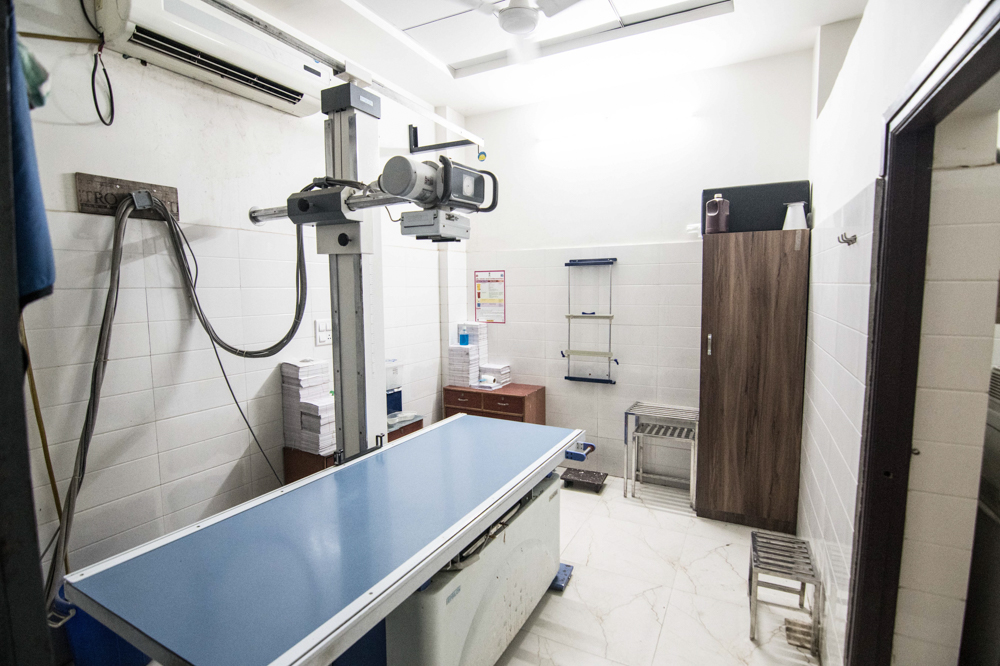Allergies can affect anyone, anytime, making it essential to understand the root cause of sudden reactions or symptoms. Whether it’s food, dust, or pollen, knowing how to check if you are allergic to something is a game-changer for managing health. This guide walks you through identifying allergies, testing methods, and practical steps to stay safe and healthy.
Understanding Allergies and Their Symptoms
Allergies occur when your immune system reacts to a foreign substance, or allergen, perceiving it as harmful. This could be anything from pet dander and pollen to specific foods. Common allergy symptoms include:
- Sneezing, nasal congestion, or a runny nose
- Itchy or watery eyes
- Skin rashes or hives
- Digestive issues like nausea or bloating
- Breathing difficulties
If you’ve experienced these symptoms repeatedly in specific situations, an allergy might be the culprit.
How to Check If You Are Allergic to Something
Keep a Symptom Diary
Tracking your symptoms can reveal patterns. Record the time of day, environment, food consumed, and how your body reacted. For example:
- Did your symptoms worsen after eating a particular meal?
- Were you outdoors during high pollen seasons?
- Did a new detergent irritate your skin?
This diary helps narrow down potential allergens before conducting tests.
Elimination Diet for Food Allergies
Suspecting food allergies? An elimination diet is an effective method. Remove suspected foods from your diet for 2-4 weeks, then reintroduce them one at a time. Monitor your body’s reaction during reintroduction. Common triggers include:
- Dairy
- Nuts
- Gluten
- Seafood
Diagnostic Testing for Allergies
Medical or Diagnostic tests are the most reliable way to confirm allergies. Here are the most commonly used methods:
Skin Prick Test (SPT)
A healthcare provider places small drops of allergens on your skin and pricks the surface. If a red, itchy bump develops, you may be allergic to that substance. This quick test is suitable for identifying environmental, food, and medication allergies.
Blood Tests (Specific IgE Tests)
Blood tests measure your immune system’s response to allergens by detecting specific antibodies. These are useful when skin tests aren’t an option, such as for people with sensitive skin or severe conditions.
Patch Testing
Used primarily for skin-related allergies, patch testing involves applying allergens to patches placed on your skin for 48 hours. Reactions indicate an allergy to materials like latex, fragrances, or metals.
Oral Challenge Test
For food allergies, an oral challenge involves consuming small amounts of a suspected allergen under medical supervision. This method is highly accurate but should always be conducted in a controlled setting.
Managing Allergies Effectively
Avoid Known Allergens
Once identified, avoiding allergens is the best way to prevent reactions.
- For environmental allergies, keep windows closed during pollen season and use air purifiers.
- For food allergies, read labels carefully and ask about ingredients when dining out.
Medications for Relief
Over-the-counter or prescribed medications can help alleviate allergy symptoms:
- Antihistamines to reduce sneezing or itching
- Nasal sprays to clear congestion
- EpiPens for severe allergic reactions
Desensitization Therapy
Allergy shots, or immunotherapy, can gradually reduce sensitivity to allergens. This long-term solution requires regular injections over several months or years.
Tips for Allergy-Proofing Your Environment
- Control Dust and Mites: Use allergen-proof bedding and vacuum regularly with HEPA filters.
- Pet Dander: Bathe pets frequently and keep them out of bedrooms.
- Pollen-Free Zones: Shower after outdoor activities and keep clothes pollen-free.
When to See an Allergist
If your symptoms persist or interfere with daily life, consult an allergist. They’ll perform tests, recommend treatments, and create an allergy management plan tailored to your needs.
FAQs
What is the difference between an allergy and an intolerance?
An allergy triggers an immune response, while an intolerance affects digestion without involving the immune system.
How long does it take for allergy symptoms to appear?
Symptoms can appear within minutes to hours after exposure to an allergen.
Can allergies develop later in life?
Yes, adult-onset allergies are common and can arise due to environmental or lifestyle changes.
Conclusion
Understanding how to check if you are allergic to something is essential for maintaining your health and well-being. By recognizing symptoms, keeping a symptom diary, and undergoing proper tests, you can pinpoint triggers and take proactive steps to manage allergies effectively. Always consult a healthcare professional to ensure safe and accurate diagnosis and treatment.
.Visit the best diagnostic centre in Kota today to take charge of your health and get the tests you need for a better tomorrow!




